Breaking the silence on a tale of dreams and struggles
Updated: 2016-11-04 10:56
By Xu Xiaomin in Shanghai(China Daily USA)
|
|||||||||
Key member of the bilateral rafting excursion in 1986 gives a first-hand account of the incident in her book and hopes to promote the sport to more Chinese
It has been 30 years since the Sino-US Upper Yangtze River expedition and most people would've already forgotten the event which made headlines around the world.
The incident, however, is still firmly etched in the mind of Jan Warren, who was a member of that fateful expedition.
Warren, now 69, was recently in Shanghai to promote the publication of the Chinese version of her book about the event. Titled When Dreams and Fear Collide: The true story of the 1986 Upper Yangtze River Expedition, the book hails all those on the expedition as "people who were chasing their dreams" and recounts the incidents that took place during and after the incident.
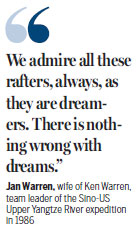
"We admire all these rafters, always, as they are dreamers. There is nothing wrong with dreams," said Warren.
"The Chinese version of the book is still in the preliminary stages but I have had productive meetings with publishers in China. Hopefully the Chinese version will become a reality."
If Warren's previous display of tenacity was anything to go by, a Chinese version will surely be published. A few years ago, publishing companies in New York had declined to print the English version, arguing that the incident took place too long ago and would not interest anyone. Warren then published the book in the US by herself.
The book is also a tribute to her late husband Ken Warren - he died after a heart attack in 1991 - who never got to fulfill his dream of completing a rafting expedition in the Yangtze, the longest river in China and the third in the world.
"I have kept all the letters and tapes he left behind. He taped to me everyday on the river, it is like I was there," said Warren who worked as a supporter from the bank during the joint expedition. "They are all mentioned in the book."
Unforgettable memories
The content in the book includes a letter containing the well wishes and thoughts of 37 children from a primary school in Tianjin. They heard the Yangtze river expedition from local media and wrote a letter in English with the help of a teacher.
"How we desire to go with you to explore the river. How we desire to raft down there with all of you, arm in arm, and share in the happiness of victory and your struggles," read a part of the letter.
"We cried when we read the letter. We were standing there on the bank, ready to raft down the river," recalled Warren.
The expedition, which was approved by the highest sports authority in China, was heralded as the first joint sporting venture on the Yangtze river between the two countries that would introduce the sport of whitewater rafting to China.
However, due to their eagerness to best the Western visitors to the finish, the Chinese hastily put together several teams that comprised members who had little experience in rafting. Eleven people, including one US team member, died during the expeditions from 1985 to 86.
After months of planning for the epic two-and-a-half-month journey, the teams had decided to set off in late July in 1986 from the starting point in Qinghai province to Yibin of Sichuan province. But despite the meticulous planning by the experienced US rafters and the Chinese green hands, no one had expected the rapids to be so powerful.
All the teams on the expedition failed to clear the Jinshajiang section of the course, where the river dropped more than 3,000 meters in altitude and where the rapids were especially vicious. According to an excerpt in Ken Warren's diary, his 10.8-meter-long boat, the most advanced rafting vessel during that time, was tossed around like "a toy in the water". He also said that the power of the Yangtze River was simply indescribable even for a veteran like himself.
Following the end of the failed expedition, the Warrens returned to the US and faced not one but six lawsuits from some of their American team members including one for wrongful death. There was also much negative media exposure about the expedition and Ken Warren himself.
Ups and downs
In June 1990, the couple won all the six lawsuits but were left with a huge financial debt as their attorney fees had amounted to over $180,000. Ken Warren died early the next year.
"I simply couldn't handle all the loss at that point in time. I was angry and I had to spend a lot of effort to heal the mind and support my then 13-year-old son," said Warren, who admitted that she refused to talk about the incident for several years after it ended.
Warren said that she felt compelled to write about the tale after she, on behalf of her late husband, received a lifetime achievement award in Beijing in 2008.
"I just cried when I saw the trophy. It is beautiful. That is why I decided to tell my story, to write my book and tell the truth of the Sino-US expedition," said Warren.
There is also a big chapter in her book about Yao Maoshu, a Sichuan native who was hailed as a hero in China for his rafting exploits in the Yangtze River a year before the 1986 tragedy. Historical records state that Yao had decided to embark on his own expedition in 1985 because he believed that a Chinese should be the first to complete such an achievement. He died in July that year when he drowned after his raft overturned.
However, Yao has also been criticized for being brash, especially since whitewater rafting was an unfamiliar sport during his time. "We will always admire Yao," said Warren, who added that she was surprised that he was even being criticized for his ambition.
"After we received a permit from the sports authorities, the government selected three Chinese boys to go with us and we trained them to raft. Yao wanted to beat us to the achievement after he was refused entry to the expedition by the sports authorities. If I had known just how much he had desired to be on the expedition, I would've loved to have him on the team."
Warren was also in Shanghai to explore the possibilities of organizing rafting tours in the US for Chinese tourists.
"This is one of the things I still want to do even though I am so old. This is because lots of Chinese tourists come to the US and I want to give them an exciting but carefully planned travel experience. That's what we were doing 30 years ago," said Warren.
"Just as Mr Warren once said, rafting is fun, but also a crazy kind of fun," she laughed.
xuxiaomin@chinadaily.com.cn
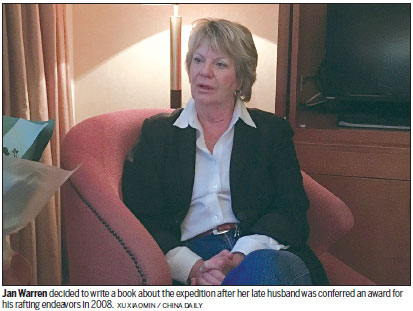
(China Daily USA 11/04/2016 page7)
- Syrian army announces 'humanitarian pause' on Friday
- Park shuffles Cabinet, infuriates opposition
- Court to rule on whether London needs parliament to trigger EU exit
- Seeing country more polarized, American voters fear for future
- France to begin moving migrant minors from Calais
- China-Japan ties growing but unstable: Premier

 China's top 10 post-80s self-made billionaires
China's top 10 post-80s self-made billionaires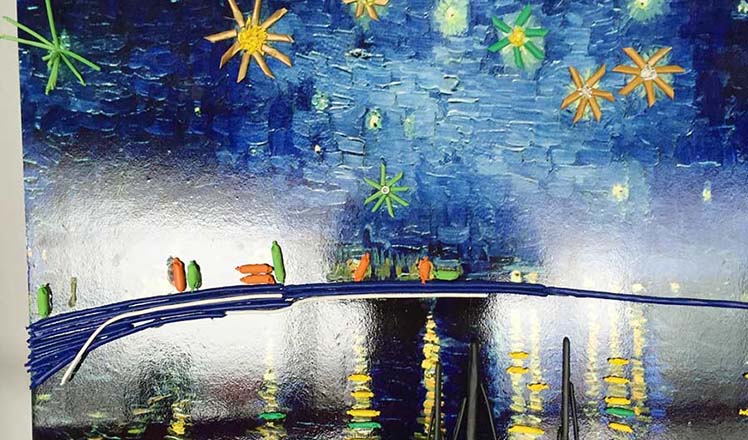
 Famous paintings recreated with chocolate
Famous paintings recreated with chocolate
 Looking for a ride?
Looking for a ride?
 Robots draw people to China International Industry Fair
Robots draw people to China International Industry Fair
 German international Miroslav Klose retires
German international Miroslav Klose retires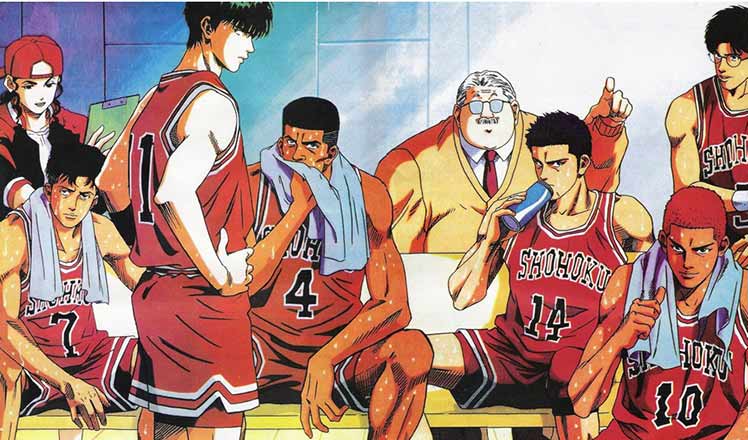
 Top 10 most influential Japanese cartoons in China
Top 10 most influential Japanese cartoons in China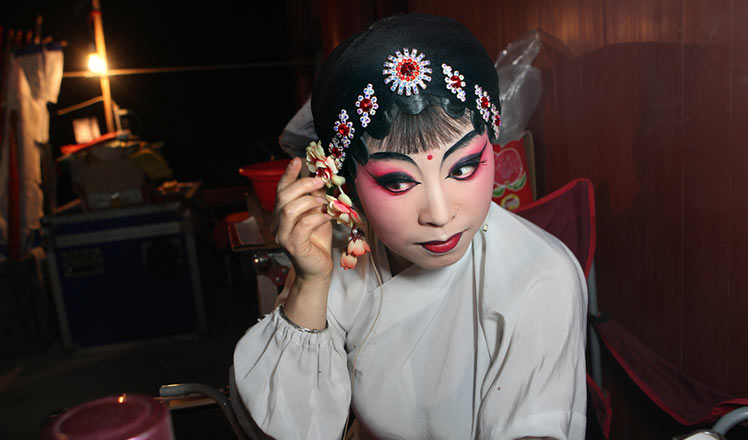
 Opera performer who takes her shows to villages
Opera performer who takes her shows to villages
 13 most appealing cars in China in 2016
13 most appealing cars in China in 2016
Most Viewed
Editor's Picks

|

|

|

|

|

|
Today's Top News
US election rhetoric unlikely to foreshadow future US-China relations
'Zero Hunger Run' held in Rome
Trump outlines anti-terror plan, proposing extreme vetting for immigrants
Phelps puts spotlight on cupping
US launches airstrikes against IS targets in Libya's Sirte
Ministry slams US-Korean THAAD deployment
Two police officers shot at protest in Dallas
Abe's blame game reveals his policies failing to get results
US Weekly

|

|









